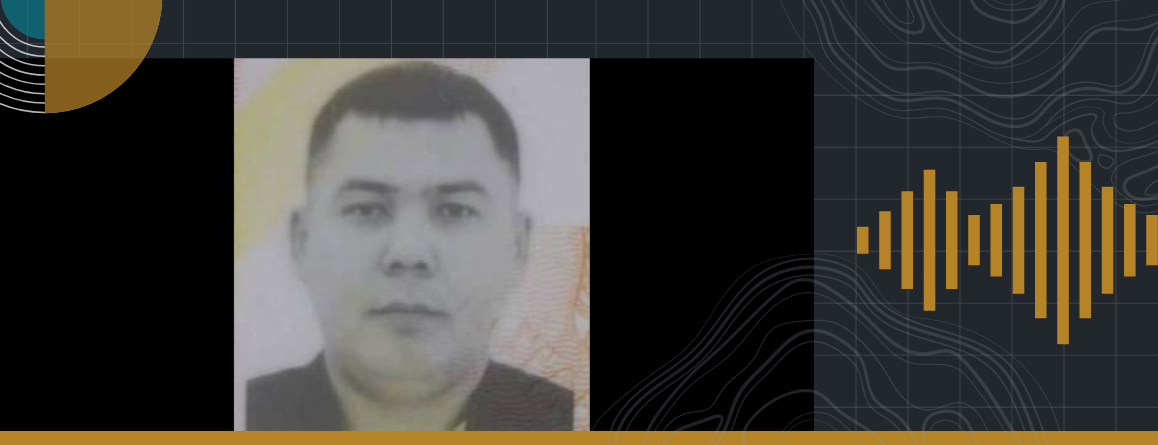Freedom for Eurasia expresses deep concern regarding the Uzbek government use of false promises and pressure on family members to persuade Karakalpaks abroad to return, assuring them they will not face harsh prosecution, only to later sentence them to prison. This was evident in the case of Rinat Utambetov, who held asylum seeker status in Kazakhstan which protected him from extradition but was nevertheless placed in pre-trial detention for one year on Uzbekistan’s extradition request. Despite the protections in place, he agreed to be extradited to Uzbekistan in 2025 following assurances of the Uzbek government that he would not face imprisonment. However, these promises were broken by Uzbekistan once they took him into custody, subsequently sentencing him to two and a half years in prison. This practice is also compounded by Kazakhstan’s ongoing failure to provide asylum to Karakalpaks, despite their clear eligibility for refugee status under both national and international law. Such inaction leaves Karakalpaks without protection from politically motivated persecution.
Freedom for Eurasia previously reported on Utambetov’s detention in Kazakhstan in April 2024. His case highlights ongoing patterns of repression against Karakalpaks and raises serious questions about discriminatory legal practices in Uzbekistan.
According to testimony provided by Aqylbek Muratbai (Muratbai is a Karakalpak activist and asylum seeker in Kazakhstan, who spent one year in pre-trial detention following an extradition request from Uzbekistan), Utambetov was held for approximately six months in pre-trial detention in Almaty under an extradition request from Uzbekistan. Utambetov was charged under Article 159 of Uzbekistan’s Criminal Code, which carries particularly severe penalties, for “Attempts to undermine the constitutional order of the Republic of Uzbekistan.”
Muratbai stated:
“During our time in detention, I advised Rinat not to return to Karakalpakstan, as he risked imprisonment and the possibility of torture. However, after family pressure, he withdrew his asylum application and voluntarily returned to Nukus, where criminal proceedings were initiated against him.”
This case highlights how the Uzbek government utilizes pressure on families as a means to silence dissent. Such tactics have repeatedly been reported in cases involving Karakalpaks who have expressed critical views, even in private settings both in Karakalpakstan and abroad.
Since the July 1–2, 2022 protests in Nukus, dozens of Karakalpaks have been convicted under similar charges simply for posting, sharing, or “liking” content on social media. Others have faced prosecution for discussions in small, closed Telegram or WhatsApp groups, particularly when referring to peaceful protests, the imprisoned lawyer and journalist Dauletmurat Tajimuratov, or the right of Karakalpakstan to independence. These prosecutions reveal a pattern of systematic suppression of free expression among Karakalpaks.
Following extradition, Utambetov was sentenced to 2.5 years in prison. Muratbai and other sources report that, unlike in most Uzbek criminal cases where time spent in foreign detention awaiting extradition is credited toward the sentence (sometimes double or triple), this practice was not applied in Utambetov’s case. According to Muratbai, such exemptions disproportionately affect ethnic Karakalpaks prosecuted in politically motivated cases.
Muratbai further noted that the charges against Utambetov stemmed from alleged activity in a small, closed Telegram group of fewer than 10 former classmates. The accusations included forwarding video footage of the July 2022 Karakalpakstan protests and posting two critical comments. “This was the entirety of the case presented against him,” Muratbai said.
Despite the limited nature of these allegations, Utambetov was convicted of “mass disorder” and “attempts to undermine the constitutional order.” Muratbai recalls that many fellow detainees were shocked at the severity of the charges:
“ Uzbek authorities treated two private comments in a closed group as grounds for a major criminal conviction.”
Freedom for Eurasia condemns the use of politically motivated prosecutions against Karakalpaks, the targeting of families to coerce individuals into compliance, and the discriminatory application of sentencing practices. The organization calls on the Government of Uzbekistan to review the case of Rinat Utambetov, release him immediately, and to cease the broader campaign of repression in Karakalpakstan.
